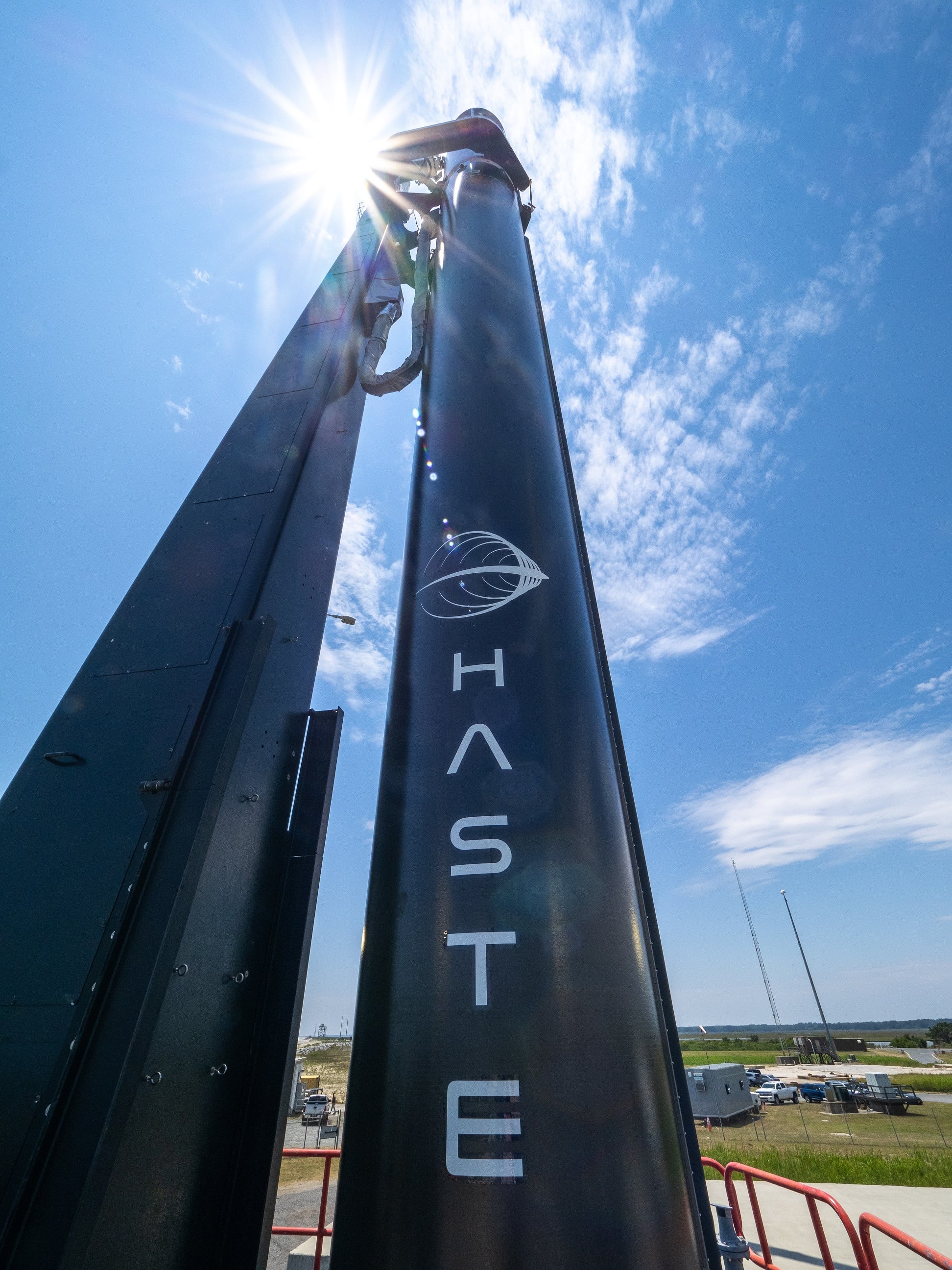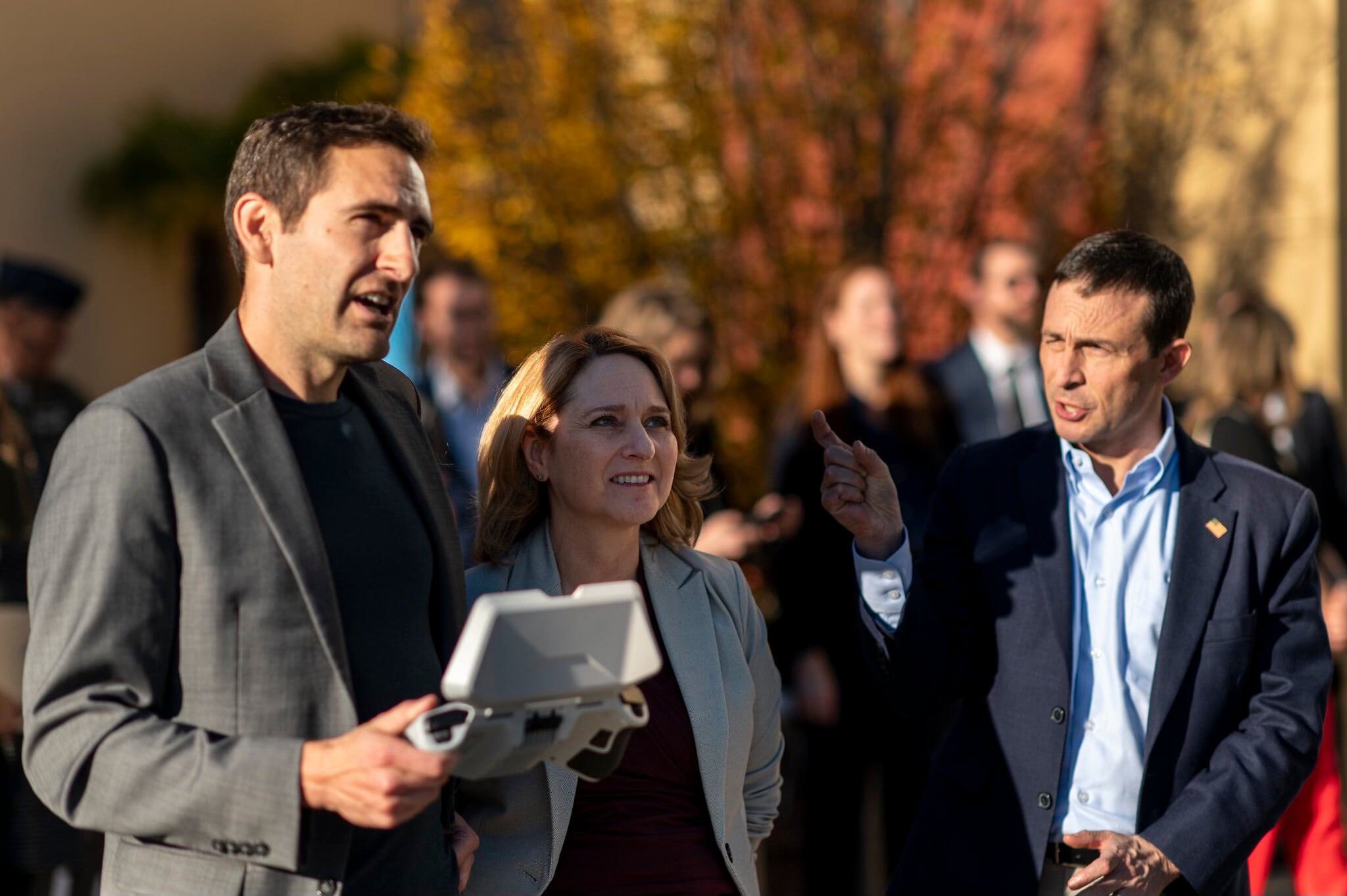Rocket Lab, a provider of launch services and spacecraft systems, is establishing a manufacturing facility in Maryland to meet growing demand for advanced materials used in space missions.
The California-based firm will develop systems hardware at the Space Structures Complex, including satellite dispensers, panels and accessories, solar panel substrates and spacecraft buses, it said in a Nov. 17 statement.
RELATED

The announcement marks an expansion of Rocket Lab’s space systems business, the company said, and is “designed to deliver a comprehensive suite of advanced composite products for the space industry and to further vertically integrate supply for the company’s internal needs across launch and space systems.”
Rocket Lab already has composite manufacturing in facilities in California, New Mexico and New Zealand. The new building will allow the company to expand that capability closer to its integration and test complex in Virginia.
The 113,000 square foot complex — a former Lockheed Martin launch facility in Middle River, Md. — will also help establish a long-term supply line for the composite structures needed to support Rocket Lab’s new launch vehicle, Neutron.
The reusable, medium-lift rocket, designed to carry 13,000 kilograms (14.3 tons) to orbit, is slated to fly for the first time next year. The launch vehicle is larger than the company’s workhorse rocket, Electron, which can lift 300 kilograms. The spacecraft carries small satellites to orbit.

The company also operates a variant of Electron that can be used to test hypersonic systems, which can fly at speeds of Mach 5 or higher. Called the Hypersonic Accelerator Suborbital Test Electron rocket, or HASTE, the vehicle is being used by the Defense Department to support flight tests.
Rocket Lab announced Nov. 8 that HASTE was selected for the Defense Innovation Unit’s Hypersonic and High-Cadence Airborne Testing Capabilities, or HyCAT, program. The mission will feature a payload developed by Australian company Hypersonix.
Courtney Albon is C4ISRNET’s space and emerging technology reporter. She has covered the U.S. military since 2012, with a focus on the Air Force and Space Force. She has reported on some of the Defense Department’s most significant acquisition, budget and policy challenges.







